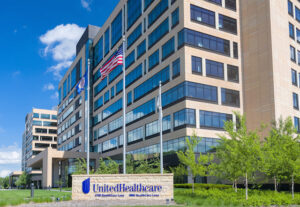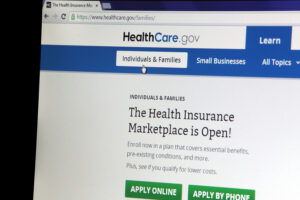Having private health insurance may not be all it is cracked up to be, as researchers from RAND Corp. found patients with private coverage may wind up paying more for procedures or tests performed during their stay than Medicare patients do.
The report published Monday found that on average, hospitals charged private insurance providers 254% more than what Medicare would have paid for the same services.
Only Arkansas had an overall relative price below 170% of Medicare prices, while Iowa, Massachusetts, Michigan and Mississippi also charged private insurance prices below 200% of what Medicare would pay.
On the other end of the spectrum, California, Florida, Georgia, New York, South Carolina, West Virginia, and Wisconsin all had relative prices that were above 300% of Medicare prices.
“The utility of this work is that it gives employers important tools they can use to become better-informed purchasers of health care services,” Peter Hussey, director of RAND Health Care, said in a news release. “Hospitals account for the largest share of health care spending in the U.S., so this report also provides valuable information that may aid policymakers interested in curbing health care costs.”
Report author Brian Briscombe, a health care cost analyst at RAND, said the high prices charged to private insurers mean patients end up paying more, either through higher co-pays or out-of-pocket payments or a smaller paycheck. Briscombe attributed the discrepancies to the pricing power hospitals can wield.
“Obviously, some hospitals cost more because they’re better,” he said. “But as you get more market share, you kind of become the big game in town and it becomes very hard for an employer to say, ‘We won’t use that hospital.’”
The study uses 2020–2022 medical claims data from a large population of privately insured individuals, including hospitals and other facilities from across the United States, to allow an easy comparison of hospital prices. An important innovation of this study is that hospitals and hospital systems (hospitals under joint ownership) are identified by name, which is usually not allowed under data use agreements.
More findings from the report:
• Prices for common outpatient services performed in ambulatory surgery centers (ASCs) averaged 171% of Medicare prices but would have averaged approximately 107% of Medicare prices if paid using Medicare payment rates for hospital outpatient departments (HOPDs).
• Although relative prices are lower for ASC claims priced according to HOPD rules, HOPD prices are higher than ASC prices.
• Commercial insurance prices for administered drugs received in a hospital setting averaged 278% of average sales price (ASP) compared with 106% of ASP paid by Medicare for administered drugs.
A federal rule from the U.S. Centers for Medicare and Medicaid Services requires hospitals to post their prices. However, one report found only 24.5% of hospitals comply with the rule.













